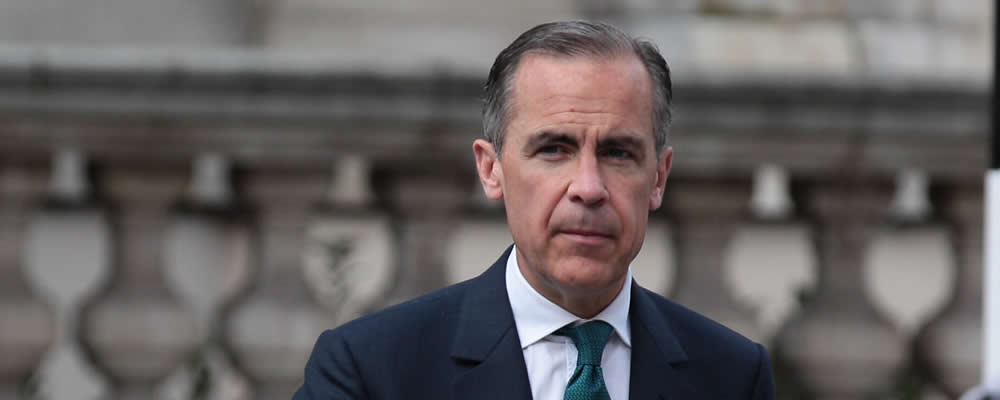Pound Euro (GBP/EUR) Exchange Rate Soars as MPC Vote Number for a Rate Hike Increases
The Pound Euro (GBP/EUR) exchange rate stormed ahead on Thursday, bolstered by news that the Bank of England (BoE) took a noticeably hawkish stance at their June rate meeting.
Whilst the central bank’s Monetary Policy Committee (MPC) did not raise interest rates on this occasion, they did have a hawkish shift in sentiment, with 3 policymakers voting for a rate hike on this occasion, up from 2 at the previous meeting.
The Bank’s Chief Economist, Andy Haldane, voted to raise borrowing costs to 0.75%, along with Ian McCafferty and Michael Saunders.
The other remaining six members voted to leave rates on hold, however.
This prompted a sweeping recovery for the Pound, with investors pleased at the prospect of the central bank steadily becoming more daring, and optimistic that policymakers will vote for a rise as soon as August this year.
Traders are labelling this the ‘Haldane Spike’.
Euro (EUR) Exchange Rates Limited by Dovish ECB Draghi Comments
The Euro (EUR) remained limited on Thursday, with recent dovish comments from European Central Bank (ECB) President Mario Draghi leaving investors with very little reason to buy into the single currency.
Speaking at a banking conference in Sintra, Portugal, Mr Draghi reaffirmed the central bank’s stance by asserting that the bank will be exercising patience and caution when deciding when to raise interest rates.
This contrasted greatly with the attitude of both the Bank of England and the US Federal Reserve, effectively positioning the ECB as the more dovish option, and the Euro as the less desirable currency.
Pound Euro (GBP/EUR) Exchange Rate Forecast: Eurozone PMI Readings on the Horizon
The next main event for the Pound Euro (GBP/EUR) exchange rate will be a speech from BoE Governor Mark Carney tonight, followed by a fleet of Eurozone PMI releases on Friday.
Given the recent strength in the UK’s labour market and Q2 economic recovery, it is possible that Mr Carney will have a few positive things to say about the UK’s economy, but he could also opt to remain tight-lipped, especially until the latest GDP figures are in to confirm that the Q1 weakness was simply a blip.
For the Euro, however, the outlook remains rather gloomy, with tomorrow’s fleet of June PMI index readings expected to fall almost in entirety.
Analysts currently expect the composite reading to shift from 54.1 to 53.9, an event that would point to ongoing weakness in the Q2 performance of the bloc and likely keep investors bearish on the single currency.



